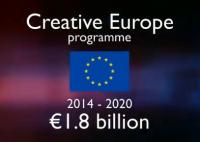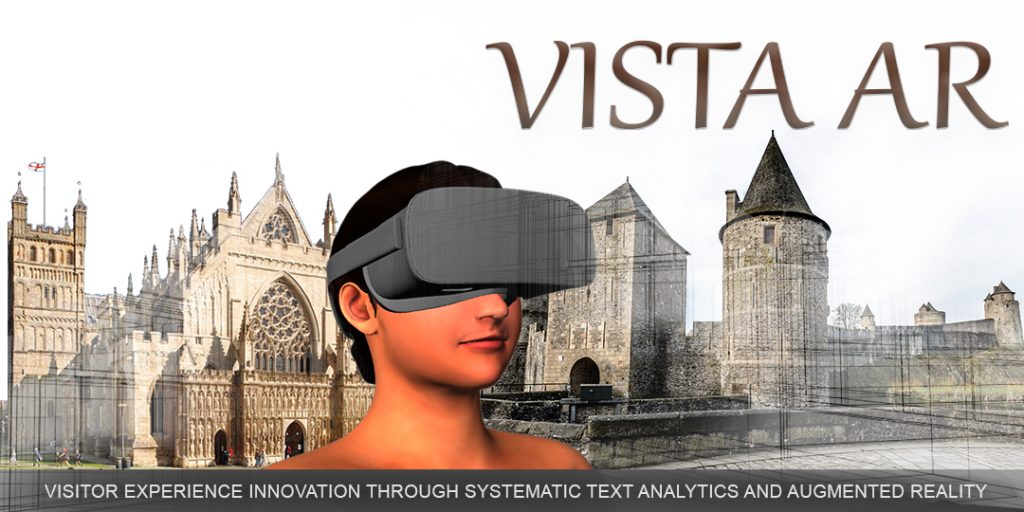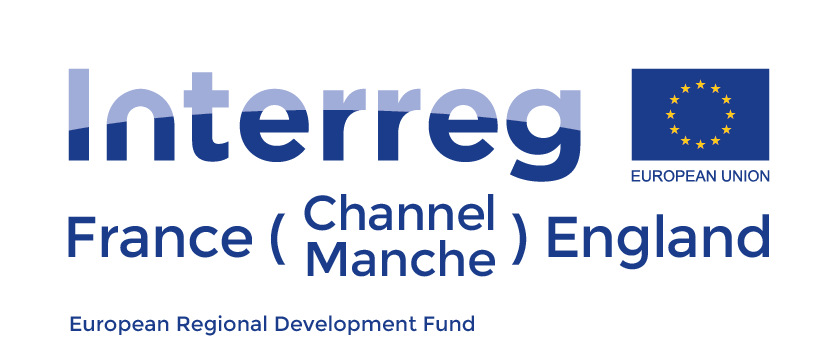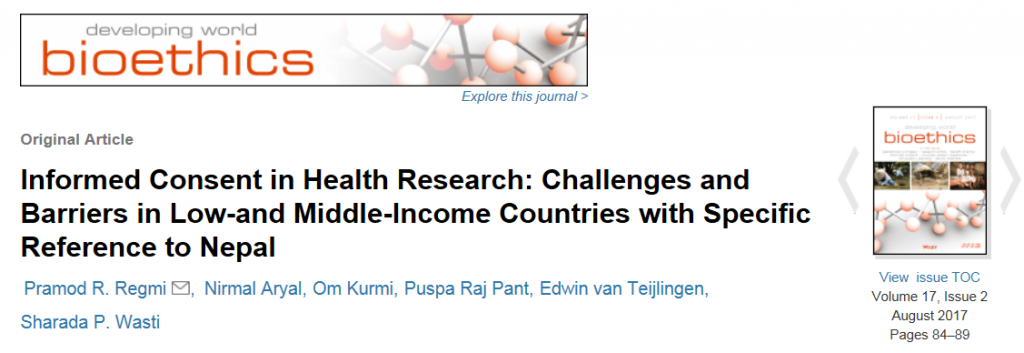Migration & Brexit – the big news this week was the announcement on Thursday that there would be a major study of EU workers and the role that they play in the UK economy and society. This has been welcomed although there has been criticism of the timing (it should have been started before and will only report in September 2018 – 6 months before the UK leaves the EU). The committee will look at:
- current patterns of EU and EEA migration, looking at sectors, regional distribution, skill levels, duration of assignments, self employment, entrepreneurs, part time, agency, temporary and seasonal workers, the evolution of EU and EEA migration since 2000 and possible future trends (absent new immigration controls)
- the methods of recruitment used by UK employers to employ EU and EEA migrants and how does this impact on UK workers
- the economic and social costs and benefits, including fiscal impacts to the UK economy and impacts on public services and infrastructure of EU and EEA migration
- is it possible to estimate the potential impact of any future reductions in EU and EEA migration and how may these be felt differently across the economy and society? How could business adjust if EU and EEA net migration was substantially reduced? What mitigating actions could be taken by employers and government and over what timescale?
- Aligning the UK immigration system with a modern industrial strategy
- What is the current impact of immigration, both EU, EEA and non-EEA, on the competitiveness of UK industry, including on productivity, innovation and labour market flexibility?
- What impact does immigration have on skills and training?
- Is there any evidence that the free availability of unskilled labour has contributed to the UK’s relatively low rate of investment in some sectors?
- Are there advantages to focussing migrant labour on highly skilled jobs or across the entire skills spectrum?
- Does the shortage occupation list need to be amended to include skills shortages at lower skills levels than NQF6?
- What lessons can be drawn from the approach taken by other countries.
The government remains steadfast in its plans to include students within net migration figures. There has been limited understanding on how far students contribute to migration until recently when Migration Watch UK published a report showing that in the last seven years nearly 200,000 grants of settlement (approx. 27,000 per year) were made to non-EU citizens who entered the UK to study.
Lord Green of Deddington, Chairman of Migration Watch UK said: “It would be absurd to remove students from the net migration target when close to 200,000 grants of settlement in recent years were to former students. Graduates are no doubt valuable to our economy but, with immigration driving our population at the fastest annual rate for nearly 70 years, we must have an honest assessment of the contribution of students who stay on.”
Despite this recent report the quality of migration information, particularly relating to the economic activity of immigrants, is not robust and the Economic Affairs Committee has called for this to be addressed to facilitate the intended new immigration system. The Lords have also stated the Government must devise a better way of accounting for the departure of international students.
Meanwhile rumours of a transition deal whereby free movement of EU citizens into the UK will continue for two to four years after Britain leaves the EU. Politics Home reports this would allow British business to avoid the ‘cliff edge’, with a new immigration system introduced after that period.
Local MP Tobias Ellwood broke ranks recently declaring he believes the drop in EU students to be as a result of uncertainty around Brexit.
Parliamentary Questions
Q: Gordon Marsden: What plans her Department has to ensure that changes to immigration rules will not reduce the number of EU students able to study in UK universities.
A: Brandon Lewis: We are working across Government to identify and develop options to shape our future immigration system. Parliament will have an important role to play in this and we will ensure universities and the higher education sector have the opportunity to contribute their views.
Q: Gordon Marsden: What discussions she has had with university representative bodies on the effect of changes to immigration rules on students from the EU studying in UK universities.
A: Brandon Lewis: [The same response as above was given] We are working across Government to identify and develop options to shape our future immigration system. Parliament will have an important role to play in this and we will ensure universities and the higher education sector have the opportunity to contribute their views.
Research post Brexit – Parliamentary Questions
Q: Edward Vaizey: What plans the Government has for the relationship between the UK and the European Research Council after the UK leaves the EU.
A: Joseph Johnson: This Government wants the UK to be the go-to place for researchers, innovators and investors across the world, and we intend to secure the right outcome for the UK research base as we exit the European Union. As my Rt Hon. Friend the Prime Minister has said, we would welcome an agreement to continue to collaborate with our European partners on major science, research, and technology initiatives. However it is too early to speculate on the UK’s future relationship with the EU Research and Innovation Framework Programme, which includes the European Research Council. The Government is committed to ensuring the UK remains a world leader in international research and innovation.
T-levels delayed – Apprenticeships and Skills Minister Anne Milton confirmed the first T-levels (new technical qualifications for the 16-19 age group) have been delayed until 2020, with the remaining T-level routes planned to come on board from September 2022. This was welcome news to the sector – awarding bodies had been calling for an extension to the ‘impossible’ timescale, no appointments had been made to the T-level advisory development panels, and the DfE had challenged the plan to only have one awarding body per qualification. Pippa Morgan, Head of Education & Skills at the Confederation of British Industry, said the delay was “welcome news” because the technical education reforms were “important and complicated”. David Hughes, Chief Executive of the Association of Colleges, welcomed the timetable change because T-levels will require a “massive effort because of the complexity of the change, but also because we also collectively need to challenge the snobbery and unfairness which goes well beyond the education system”.
HE Patterns and Trends – UUK published Patterns and Trends in UK Higher Education 2017 covering the period 2006/7-2015/16.
- Disadvantaged backgrounds – Students from a wider range of backgrounds are now entering higher education, with the number of 18-year olds from disadvantaged backgrounds on full-time undergraduate courses increasing by 52% since 2006 and reaching record levels in 2016.
- Demand for courses – Entrants to full-time first-degree, postgraduate taught and postgraduate research courses have increased considerably since 2006–07 (by 31.2%, 30.5% and 25.7% respectively), and the proportion of 18 year olds applying and entering HE were at record levels in 2016. However, demand for part-time courses has continued to decline, with entrants to part-time first degree courses falling by 28.6% and entrants to other part-time undergraduate courses by 63.1% since 2006-07.
- International staff – Non-UK nationals accounted for nearly two thirds of growth in all academic staff since 2006-07. For some subjects, such as engineering, and the humanities and language-based studies, non-UK nationals have accounted for most of the growth in academic staff numbers (63.5% and 54.6% of growth between 2006–07 and 2015–16 respectively).
- Staff equality and diversity – Between 2009–10 and 2015–16, consistent increases are reported in the number and proportion of both black and minority ethnic (BME) and female professors. BME professors increased by 50.7% over the period (compared to 10.5% for white staff) and female professors increased by 41.8% (compared to 6.5% for males), however both groups are still under-represented among professors in 2015-16.
- Employment – Young and older graduates have had consistently lower unemployment rates and higher earnings compared with non-graduates, even during recessions. In 2016, graduates aged 21-30 were 40% less likely to be unemployed compared to non-graduates in the same age group.
Commenting on the report, Dame Julia Goodfellow, President of Universities UK and Vice-Chancellor of the University of Kent, said: “The report covers a ten-year period that has seen significant changes for universities, both in terms of the way they are funded and their increasingly important roles locally and internationally. During this time, there has been continued growth in the overall demand for university courses and the number of younger students from disadvantaged backgrounds has increased. However, UK universities continue to face a number of challenges, including the possible impact of Brexit. We have to continue to work hard to attract the staff, students, funding and partnerships that are central to the sector’s, and the country’s, success.”
There is a forward-looking chapter on some of the emerging demographic, technological, economic and political changes and the opportunities and challenges for the sector within the full document.
Parliamentary Questions
Q: Gordon Marsden: What assessment she has made of the reasons for the decline in part-time undergraduate study among (a) higher-income households and (b) lower-income households
A: Joseph Johnson: “Studying part-time brings enormous benefits for individuals, the economy and employers. Government regularly assesses the reasons for the decline in part-time undergraduate numbers since their peak in 2008 but does not hold data on their household income background. We are committed to helping people from all backgrounds enter higher education in a way that suits them and we have taken action to support those who to choose to study part-time. These actions include: From 2012, the offer of up-front fee loans for eligible part-time students, to level the playing field with undergraduate study; From academic year 2018/19, the introduction of undergraduate part-time maintenance loans, to bring greater parity of support between part-time and full-time; From 2015, the relaxation of Equivalent or Lower Qualification rules, so students who already hold an honours degree qualification and wish to study part-time on a second honours degree course in engineering, technology or computer science, have qualified for fee loans for their course. This is being extended for academic year 2017/18 to graduates starting a second part-time honours degree course in any STEM subject”.
Q: Angela Rayner: What assessment she has made of the effect of (a) rising tuition fees and (b) the abolition of maintenance grants on the increasing proportion of students from disadvantaged backgrounds who are dropping out of higher education; and if she will make a statement.
A: Joseph Johnson: “The Department for Education published an equality analysis in May 2016, to cover the reforms set out in the Success as a Knowledge Economy White Paper , that were subsequently taken forward through the Higher Education and Research Act (2017). This included an assessment of the impact of allowing institutions who were successful in the Teaching Excellence Framework (TEF) assessment process to increase their fees up to inflation. The Department also published in December 2016 an Equality Analysis for the 2017/18 student finance package, which covered both the increase in fees and accompanying loan support. These assessments concluded that this change was unlikely to significantly alter participation decisions. Tuition fees will not increase in real terms and Higher Education and publicly funded institutions will remain free at the point of access for those who are eligible, as tuition fee loans will increase to cover increased tuition fees”. Equality Analysis – Higher Education and Research Bill (published May 2016).
- “The Government is committed to maintaining the UK’s world class higher education system while living within its means and ensuring all those with the talent to benefit from a higher education can afford to do so. To put higher education funding onto a more sustainable footing, the Government asked future graduates to meet more of the costs of their studies through replacing maintenance grants with loans. The equality analysis for the 2016/17 student support regulations assessed the impact of this policy change, including the impact on students from low income backgrounds.”
- “Non-continuation rates for UK students at English Higher Education Institutions are lower than in 2009/10, including for the most disadvantaged students. Analysis by the Higher Education Funding Council for England (HEFCE) has found that students’ age, subject studied and entry qualifications account for a substantial portion of the gap between the most and least disadvantaged students.
- “Young people from the poorest areas are now 43% more likely to go to university than they were in 2009/10. Not only are application rates among 18-year-olds in England at record highs, but drop-out rates for young, mature, disadvantaged and BME students are all lower now than they were when the coalition government came to power in 2010.
- “By measuring retention rates as one of its core metrics and requiring all participating providers to submit a statement for fair access, the TEF aims to recognise those institutions that do the most to welcome students from a range of backgrounds and support their retention and progression to further study or a graduate job.
- “We want to continue to see reduced non-continuation rates for all students. The Higher Education and Research Act 2017 requires institutions to publish admissions and retention data by gender, ethnicity and socio-economic background, and this greater transparency will help the Higher Education sector make further progress to build on what has already been achieved. We are working closely with HEFCE and the Director of Fair Access to target resources effectively and to ensure that universities take more responsibility for widening access and retention for students from disadvantaged backgrounds, prioritising activities that demonstrate the greatest value for money.”
Local issues
Local MP Christopher Chope intends to present a large number of Private Members’ Bills when parliament reconvenes in September. Private Members’ Bills rarely complete the process to become legislation – there is a ballot as to which are discussed but the limitations on parliamentary time means they do not get often get much further. Some of the Bills proposed by Mr Chope include:
- Voter Registration – a Bill seeking to prohibit persons from being registered to vote in Parliamentary elections in more than one constituency; and for connected purposes. [This is in direct contrast to the Lords’ amendments during the Higher Education and Research Bill which aimed to increase overall numbers of students registered to vote by facilitating cooperation between universities and local Councils but picks up on press stories that students may have voted twice, increasing the Labour vote.]
- Student Loans (Debt Interest) – a Bill to limit the rate of interest chargeable on outstanding student loan debt; and for connected purposes.
- Student Loans (Debt Discharge) – a Bill to make provision about the forgiveness or discharge of student loan debt in certain circumstances; to make provision about the treatment of student loan debt in bankruptcy proceedings; and for connected purposes.
- Principal Local Authorities (Grounds for Abolition) – a Bill to prohibit principal local authorities being abolished in the absence of the authority of its elected councillors and a local referendum; and for connected purposes. [this one is directly linked to the proposals for the merger of Dorset local authorities, which Christchurch have opposed]
- Benefits and Public Services (Restriction) – a Bill to make provision to restrict the entitlement of non-UK citizens to publicly-funded benefits and services; and for connected purposes.
Student Loans and Tuition Fees
The “national debate” continues with a lot of political squabbling and big focus from the government in criticising the Labour party’s alleged u-turn on writing off existing loans. Andrew McGettigan has written a blog on some inaccuracies in the reporting – our conclusion, it’s all very complicated and simple headlines are probably inaccurate. There were two parliamentary questions this week:
Q: Lord Hunt Of Kings Heath: What assessment they have made of the report of the Institute for Fiscal Studies on the public cost of student loans.
A: Viscount Younger Of Leckie: The Government has noted the recent report by the Institute for Fiscal Studies. The student funding system is fair and sustainable. The cost of the system is not an unintended loss, nor a waste of public money. It is the policy subsidy required to make higher education widely available, achieving the Government’s objectives of increasing the skills in the economy and ensuring access to university for all with the potential to benefit.
Q: Lord Hunt Of Kings Heath: What estimate they have made of the long-term cost of providing student loans.
A: Viscount Younger Of Leckie: The Government’s reforms to the undergraduate student finance system have ensured that it is financially sustainable for the taxpayer in the long-term, while enabling those with the talent to benefit from a higher education to be able to afford to do so. The Resource Accounting and Budgeting (RAB) charge estimates the value of loans that will not be repaid during their 30-year term, expressed as a percentage of the loan outlay made in the relevant year. For full time tuition fee and maintenance loans and part time fee loans issued in 2016/17, we estimate the RAB charge to be around 30%.
Although so far this summer things haven’t gone particularly quiet, we are expecting less policy news over the next few weeks, so we will only send an update if there is enough interesting news – we’ll be back at full tilt in September.






 Innovate UK is to invest up to £8 million in projects that develop new digital technology solutions to healthcare challenges.
Innovate UK is to invest up to £8 million in projects that develop new digital technology solutions to healthcare challenges.

 The Royal Society is looking for brilliant science and scientists to feature at the
The Royal Society is looking for brilliant science and scientists to feature at the 
 Events and Funding Opportunities:
Events and Funding Opportunities: August is almost upon us and that means before you know it the Bournemouth Air Festival will be upon us.
August is almost upon us and that means before you know it the Bournemouth Air Festival will be upon us.

 ent simulator, and the VirtaMed knee arthroscopy. This is the only lab in Europe where the two simulators are together.
ent simulator, and the VirtaMed knee arthroscopy. This is the only lab in Europe where the two simulators are together. just drilling holes into a piece of wood using the simulator was incredibly hard. However, as I used and practiced the simulators more, I could feel myself improving and progressing in the fundamental skills required.
just drilling holes into a piece of wood using the simulator was incredibly hard. However, as I used and practiced the simulators more, I could feel myself improving and progressing in the fundamental skills required.










 SPROUT: From Sustainable Research to Sustainable Research Lives
SPROUT: From Sustainable Research to Sustainable Research Lives BRIAN upgrade and new look
BRIAN upgrade and new look Seeing the fruits of your labour in Bangladesh
Seeing the fruits of your labour in Bangladesh Exploring Embodied Research: Body Map Storytelling Workshop & Research Seminar
Exploring Embodied Research: Body Map Storytelling Workshop & Research Seminar Marking a Milestone: The Swash Channel Wreck Book Launch
Marking a Milestone: The Swash Channel Wreck Book Launch ECR Funding Open Call: Research Culture & Community Grant – Application Deadline Friday 12 December
ECR Funding Open Call: Research Culture & Community Grant – Application Deadline Friday 12 December MSCA Postdoctoral Fellowships 2025 Call
MSCA Postdoctoral Fellowships 2025 Call ERC Advanced Grant 2025 Webinar
ERC Advanced Grant 2025 Webinar Update on UKRO services
Update on UKRO services European research project exploring use of ‘virtual twins’ to better manage metabolic associated fatty liver disease
European research project exploring use of ‘virtual twins’ to better manage metabolic associated fatty liver disease